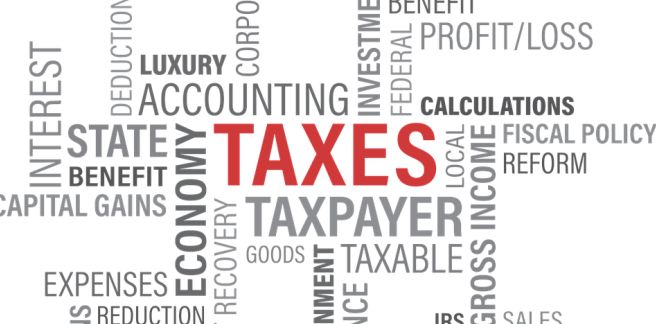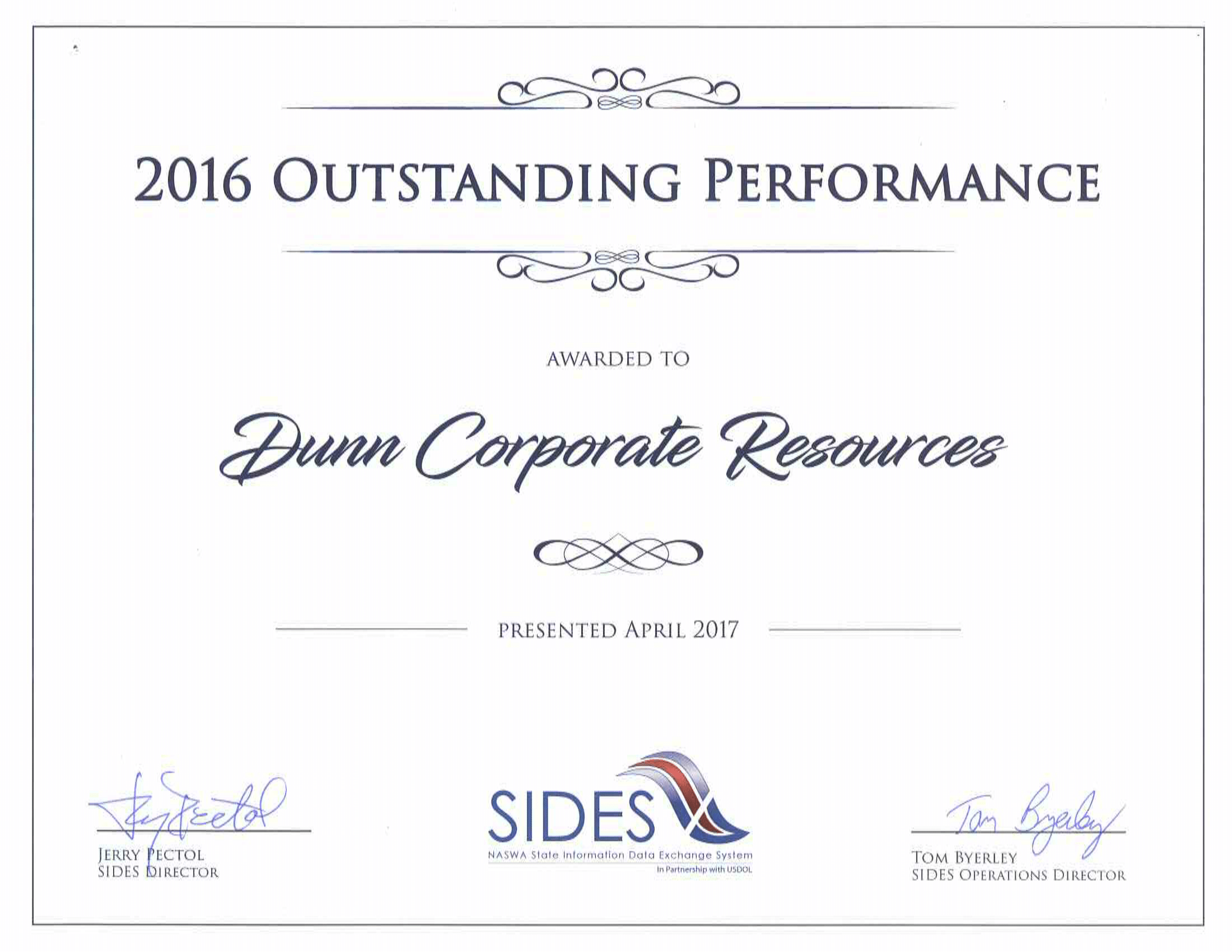As of July 1, 2025, New Jersey employers will see a significant change in their unemployment insurance (UI) tax obligations. The New Jersey Department of Labor and Workforce Development (NJDOL) has announced a transition from Column D to Column C in the state’s unemployment tax table, reflecting a robust recovery in the UI Trust Fund. This shift is expected to save employers an estimated $300 million in the upcoming fiscal year. For businesses navigating these changes, partnering with Dunn Corporate Resources’ unemployment cost control services can maximize savings and ensure compliance.
Understanding the Tax Table Shift
New Jersey’s UI tax rates are determined by two key factors: the overall health of the UI Trust Fund and an employer’s individual experience rating, which reflects their history of unemployment claims. The UI Trust Fund, heavily strained during the COVID-19 pandemic when nearly $40 billion in benefits were paid to 1.6 million workers, has now recovered sufficiently to allow for lower tax rates.
- Column D Rates (Current): Range from 0.6% to 6.4% of taxable wages.
- Column C Rates (Effective July 1, 2025): Range from 0.5% to 5.8% of taxable wages.
This reduction in rates, set by the New Jersey Unemployment Compensation Law, will automatically take effect for the fiscal year beginning July 1, 2025. The shift to Column C signals a healthier fund reserve ratio, calculated by dividing the fund’s balance as of March 31 by the total taxable wages reported by employers for the prior year. For 2025, the taxable wage base for employers is $43,300, up from $42,300 in 2024.
Deadline
The shift to Column C is a welcome development, but employers must act swiftly to ensure they’re not overpaying due to inaccurate experience ratings or mismanaged claims. With tax rate notices arriving by September 1, 2025, now is the time to prepare. Additionally, employers considering voluntary contributions to lower their UI tax rate face a critical deadline, typically set by the state in late September or early October. Making a voluntary contribution can significantly reduce your tax rate for the year, but missing this deadline means forfeiting the opportunity until the next fiscal year. Dunn Corporate Resources’ no-cost analysis and proactive cost control services, including expert guidance on voluntary contributions, provide a risk-free opportunity to optimize your UI tax obligations and maximize savings under the new tax table.
What This Means for Employers
The transition to Column C offers immediate financial relief for New Jersey businesses, particularly those facing economic challenges. Lower UI tax rates mean reduced payroll costs, freeing up resources for reinvestment in operations, workforce development, or other priorities. However, the specific rate within Column C depends on an employer’s experience rating, which is influenced by the number and size of unemployment claims filed by former employees. Employers with fewer claims typically enjoy lower rates, while those with higher claims may still face rates toward the upper end of the range.
To fully capitalize on this tax table shift, employers must proactively manage their UI contributions and claims. This is where Dunn Corporate Resources steps in, offering expert unemployment cost control services tailored to New Jersey’s complex regulatory landscape.
How Dunn Corporate Resources Can Help
Dunn Corporate Resources specializes in helping employers minimize unemployment costs while maintaining compliance with state regulations. Their comprehensive services are designed to optimize tax rates and streamline claims management, ensuring businesses take full advantage of the Column C shift. Here’s how they deliver value:
1. No-Cost Tax Rate Analysis
Dunn Corporate Resources offers a complimentary analysis of your 2025 UI tax rate notice, which the state is required to provide by September 1, 2025. Their experts will:
- Review your assigned rate under Column C to identify potential savings.
- Assess whether your experience rating accurately reflects your claims history.
- Identify errors or discrepancies in the notice that could lead to overpayment.
2. Voluntary Contribution Opportunities
In some cases, employers can lower their UI tax rate by making voluntary contributions to the UI Trust Fund, effectively “buying down” their rate. Dunn’s team evaluates whether this strategy is cost-effective for your business, calculating the potential long-term savings against the upfront cost.
3. Claims Management Expertise
Unemployment claims directly impact an employer’s experience rating and, consequently, their tax rate. Dunn Corporate Resources provides a centralized online dashboard for processing claims, with every response reviewed by their unemployment experts before submission to the state. This ensures accuracy and increases the likelihood of successfully contesting unwarranted claims, reducing future tax liabilities.
4. Cost Savings and Compliance
By minimizing improper benefit payments and optimizing tax rates, Dunn’s services can significantly reduce UI costs. Their proactive approach also ensures compliance with New Jersey’s Unemployment Compensation Law, avoiding penalties that can range from 5% to 25% of the balance due for late or incorrect payments.
5. Tailored Support
Dunn Corporate Resources understands that every business is unique. Their team works closely with employers to develop customized strategies that align with their operational goals, whether it’s a small business seeking to offset rising costs or a large corporation managing a high volume of claims.
Partner with Dunn Corporate Resources Today
Navigating New Jersey’s unemployment tax system can be complex, but Dunn Corporate Resources makes it simple. Their unemployment cost control services empower employers to reduce costs, maintain compliance, and focus on growing their businesses. To schedule your free tax rate analysis or learn more about their services, contact Dunn Corporate Resources today.
By leveraging the expertise of Dunn Corporate Resources, New Jersey employers can confidently embrace the shift to Column C and unlock significant savings in the year ahead.









